Artificial Intelligence (AI) is playing an increasingly important role in space exploration and operations. Understanding how AI is applied in the space sector helps illustrate its potential to solve complex challenges beyond Earth.
What is AI in Space?
AI in space refers to the use of machine learning, robotics, computer vision, and intelligent systems to support space missions, analyze astronomical data, manage spacecraft, and explore distant planets autonomously.
How AI Works in Space
AI systems process large volumes of space-related data, including satellite imagery, telemetry, and scientific measurements. These systems can learn patterns, make predictions, and support decision-making with minimal human intervention, which is crucial for deep space missions where real-time communication with Earth is not always possible.
Key AI Techniques Used
Autonomous Navigation:
AI enables spacecraft and rovers to navigate unknown terrains, avoid obstacles, and make quick decisions without waiting for commands from Earth.
Robotic Operations:
AI-powered robots assist in spacecraft maintenance, satellite servicing, and handling scientific instruments in space.
Data Analysis:
Machine learning helps process and analyze vast amounts of astronomical data from telescopes and satellites to detect new planets, galaxies, and cosmic phenomena.
Fault Detection:
AI systems monitor spacecraft health and automatically detect system failures or anomalies, improving mission safety and reducing risks.
Benefits of Using AI in Space
AI enhances mission efficiency by enabling faster decision-making, reducing the workload for astronauts, and supporting autonomous operations in remote and dangerous environments. It also improves the accuracy of data interpretation and speeds up scientific discovery.
Limitations to Keep in Mind
AI in space requires highly reliable systems that can function in extreme conditions with limited resources. It also depends on rigorous testing and validation to ensure safety in critical missions.
Conclusion
AI is revolutionizing space exploration by enabling more autonomous, efficient, and intelligent missions. As technology advances, the combination of AI and human expertise will continue to push the boundaries of what is possible in our quest to explore the universe.


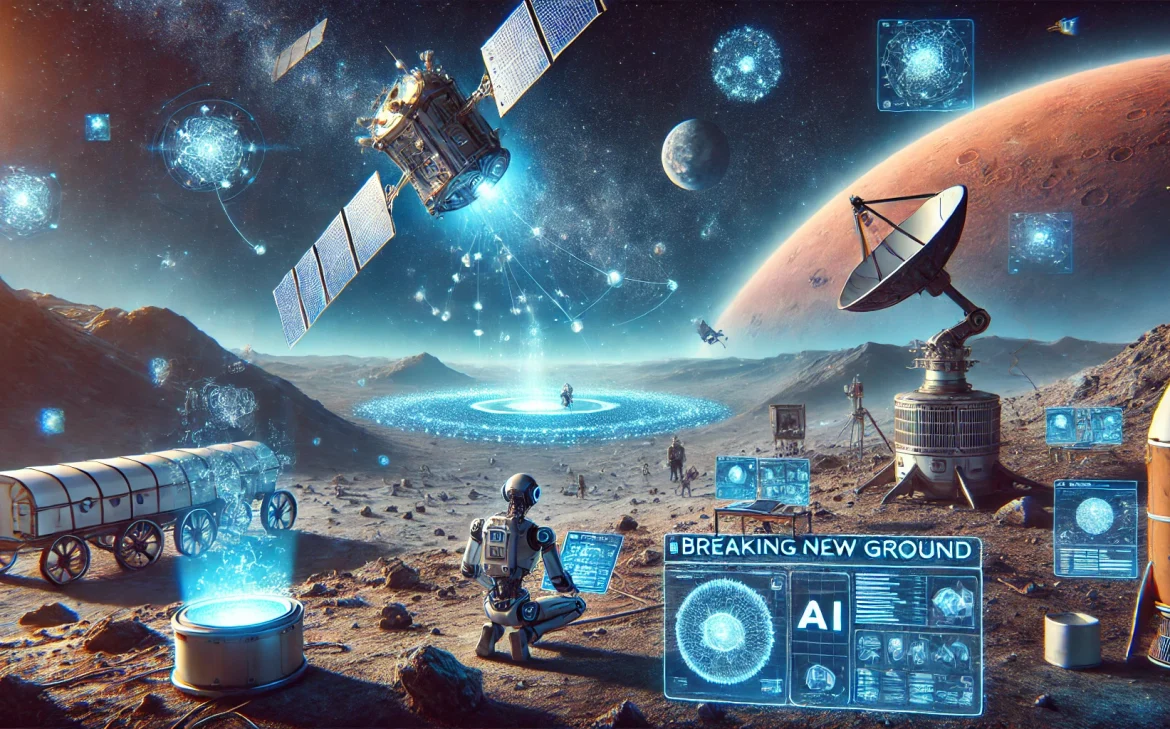
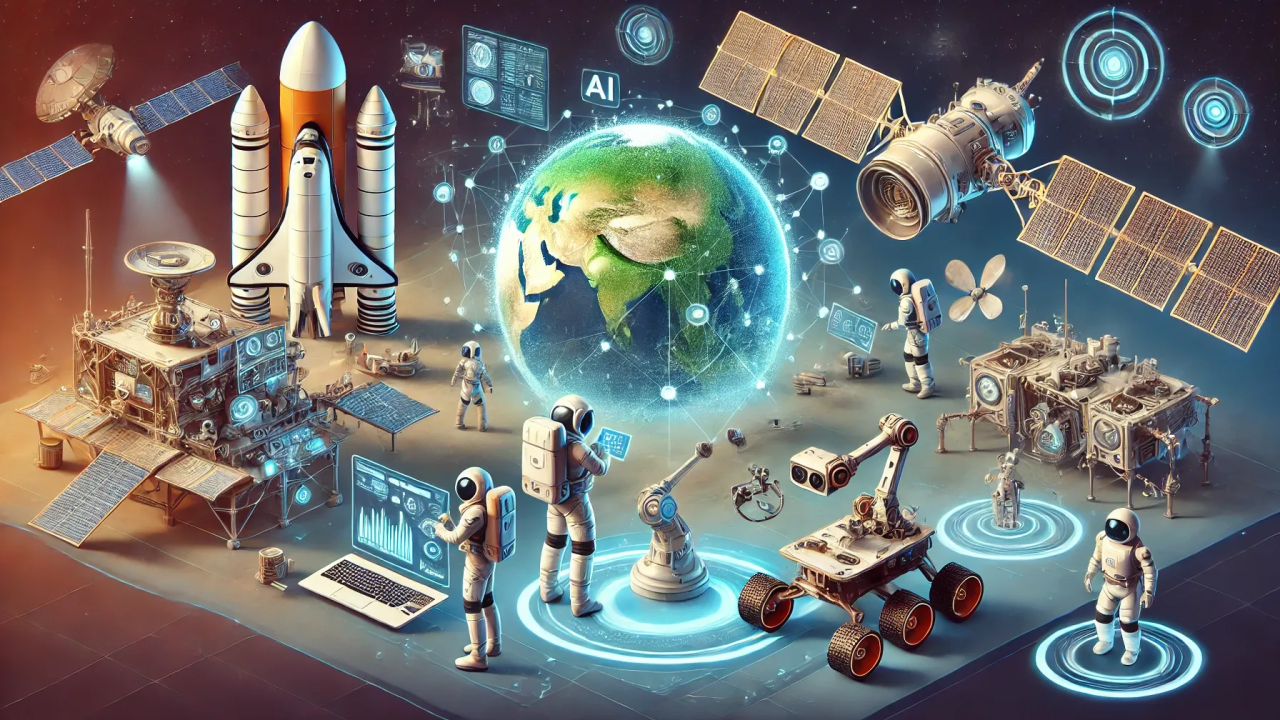
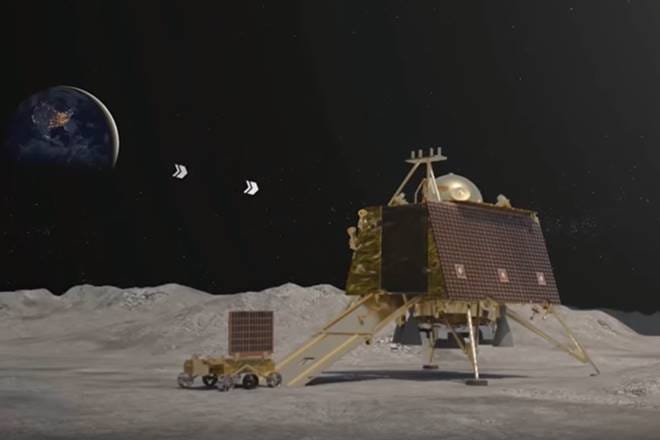
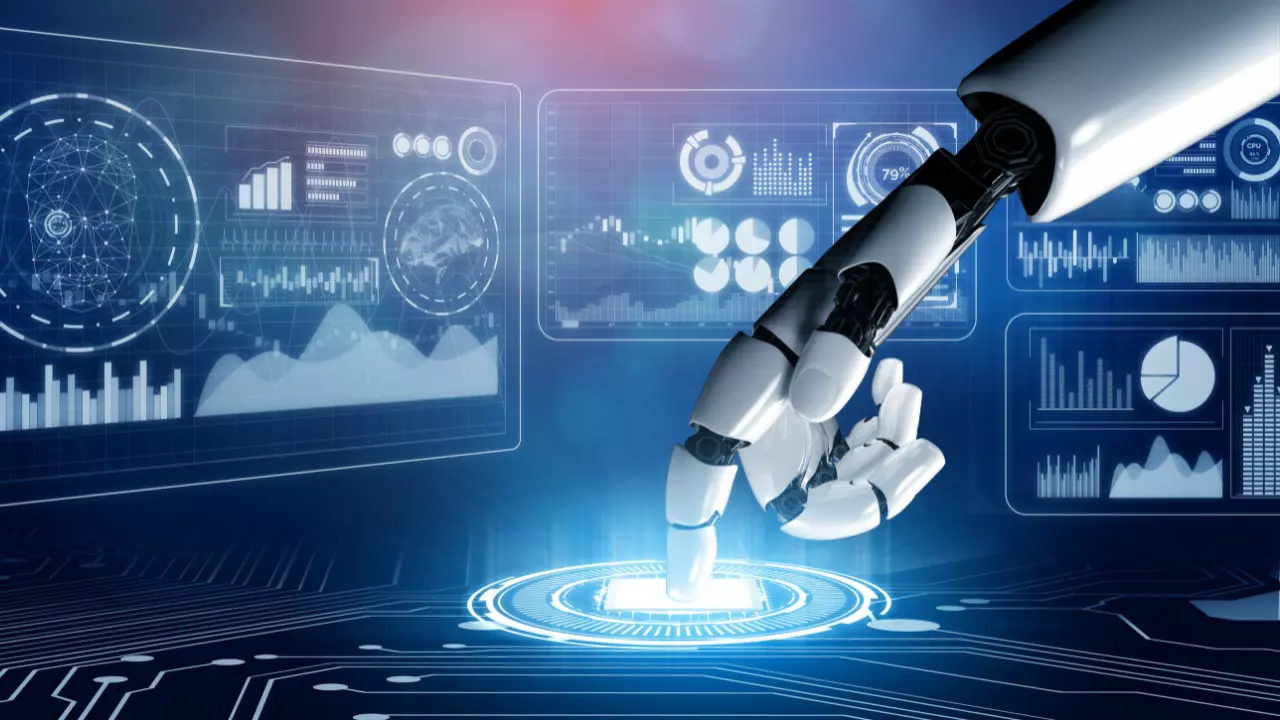
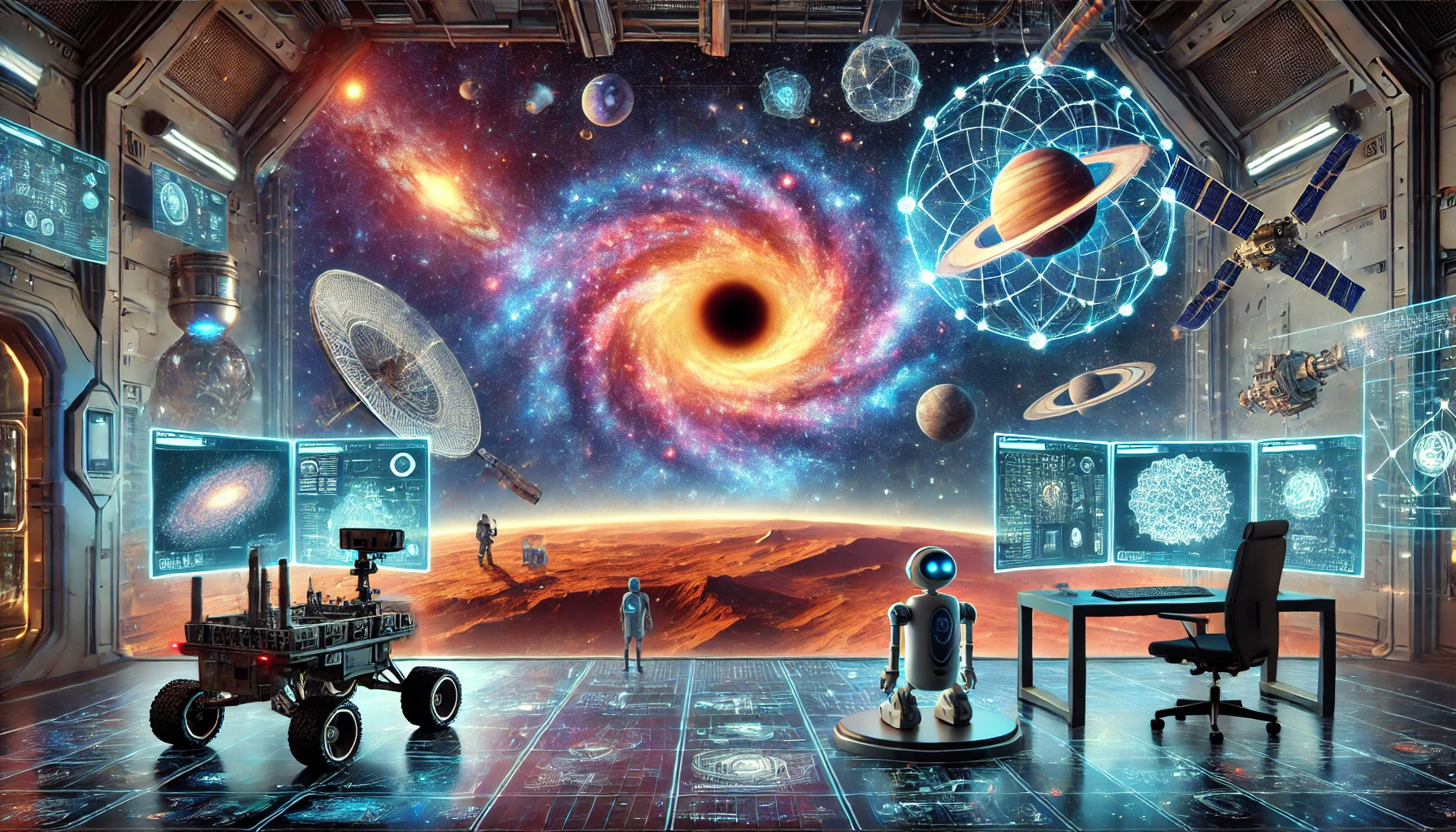
Leave feedback about this